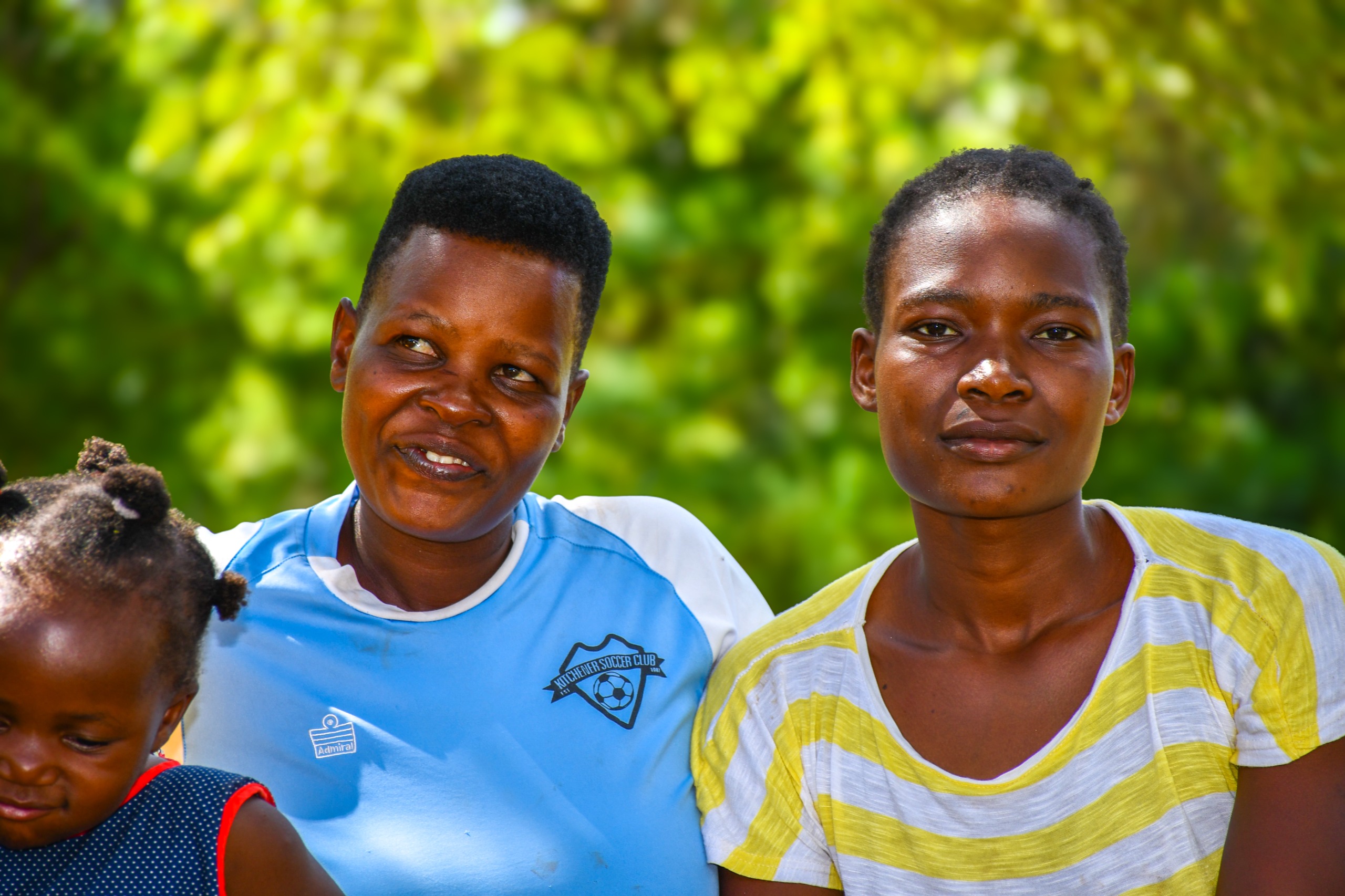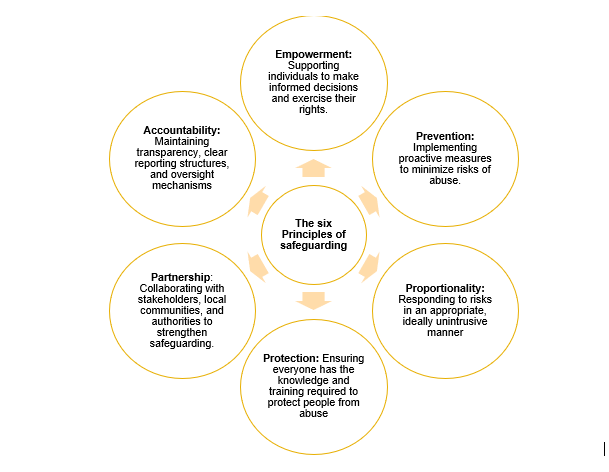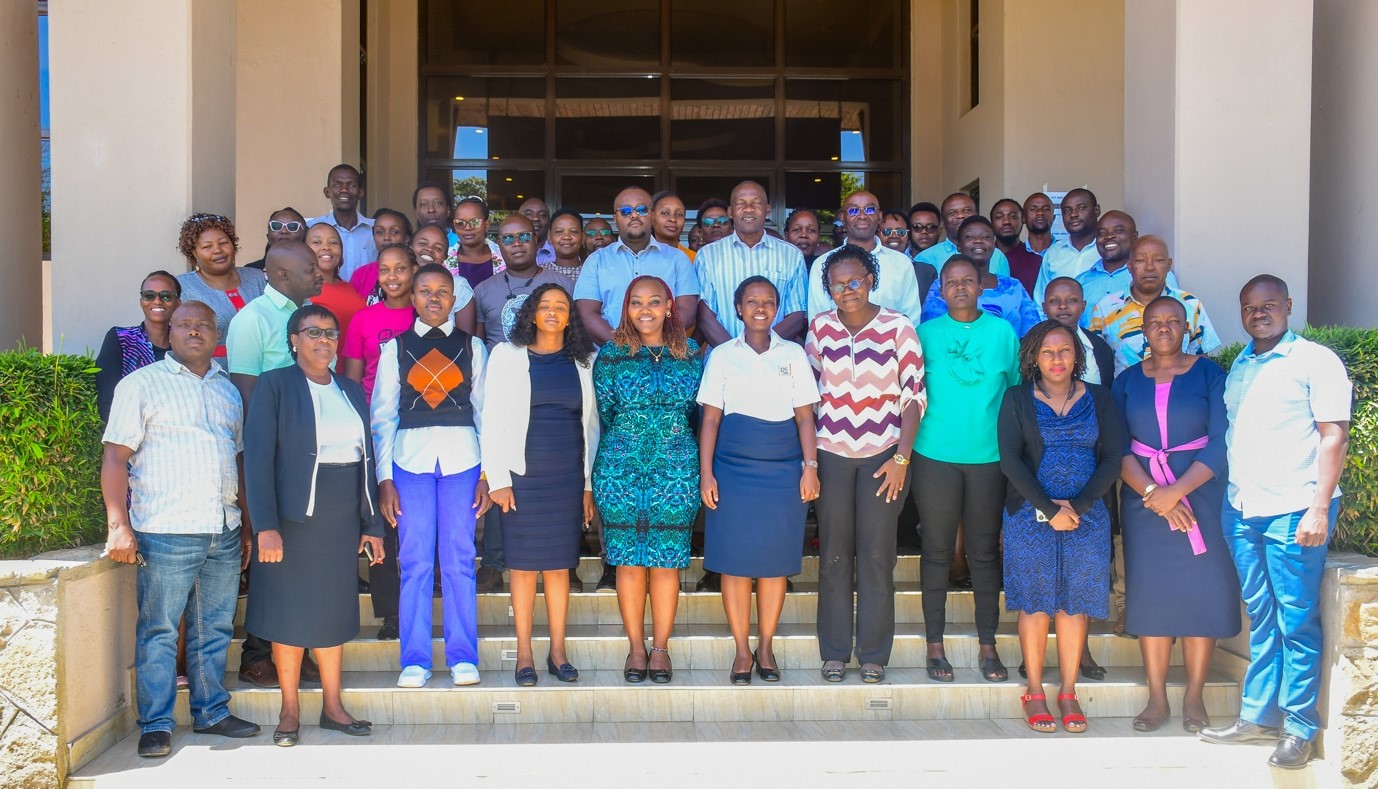In recent assessments, several key gaps were identified in the implementation of Binti Shupavu clinics. These issues were primarily related to the absence of Community Health Assistants (CHAs) and Community Health Promoters (CHPs) during clinic days. This absence placed an undue burden on service providers, who had to simultaneously educate adolescents and deliver family planning (FP) services. Additionally, adherence to FP standards for providing quality services was lacking, compromising the level of care available to adolescents. Furthermore, healthcare providers assigned to Maternal and Child Health (MCH) units had not received training in the Counselling for Choice (C4C) course, which is crucial for enhancing service provision.
To address these challenges, several strategic actions were implemented. Regular oversight was introduced to ensure adherence to quality standards and proper clinic operations. Ongoing mentorship programs were established to enhance the skills and knowledge of healthcare providers, ensuring they are well-equipped to offer high-quality services. Binti Shupavu educational sessions were integrated into clinic days, using goal-setting cards to disseminate information about contraceptive uptake among adolescent girls and young women.
The interventions have yielded significant positive outcomes. Through the Binti Shupavu sessions, adolescent girls have gained essential knowledge about family planning methods, reproductive health, and gender equality. Many girls now feel more informed and empowered to make decisions about their health and futures. The sessions have also been instrumental in dispelling myths and misconceptions about family planning, reducing fears and stigma associated with seeking reproductive health services.
Facility support supervision has fostered collaboration between healthcare facilities and the community, ensuring that adolescent-friendly services are both available and accessible. Binti Shupavu has created a supportive environment for adolescent girls to connect, share experiences, and learn from one another. Facility support supervision and mentorship for healthcare providers have been crucial in improving access to quality health services for adolescent girls. This has led to increased utilization of family planning services.
In a recent one-on-one session, adolescent girls and young mothers actively chose a contraceptive method of their preference, resulting in eight new adopters aged 15-19. These young women have committed to becoming ambassadors for Binti Shupavu in their communities, educating their peers on contraceptive uptake.
Continued efforts and collaboration with stakeholders are vital to ensuring a healthier and more empowered generation of adolescent girls. Through sustained support and community engagement, we can uphold the mission of Binti Shupavu and make significant strides in adolescent reproductive health.



